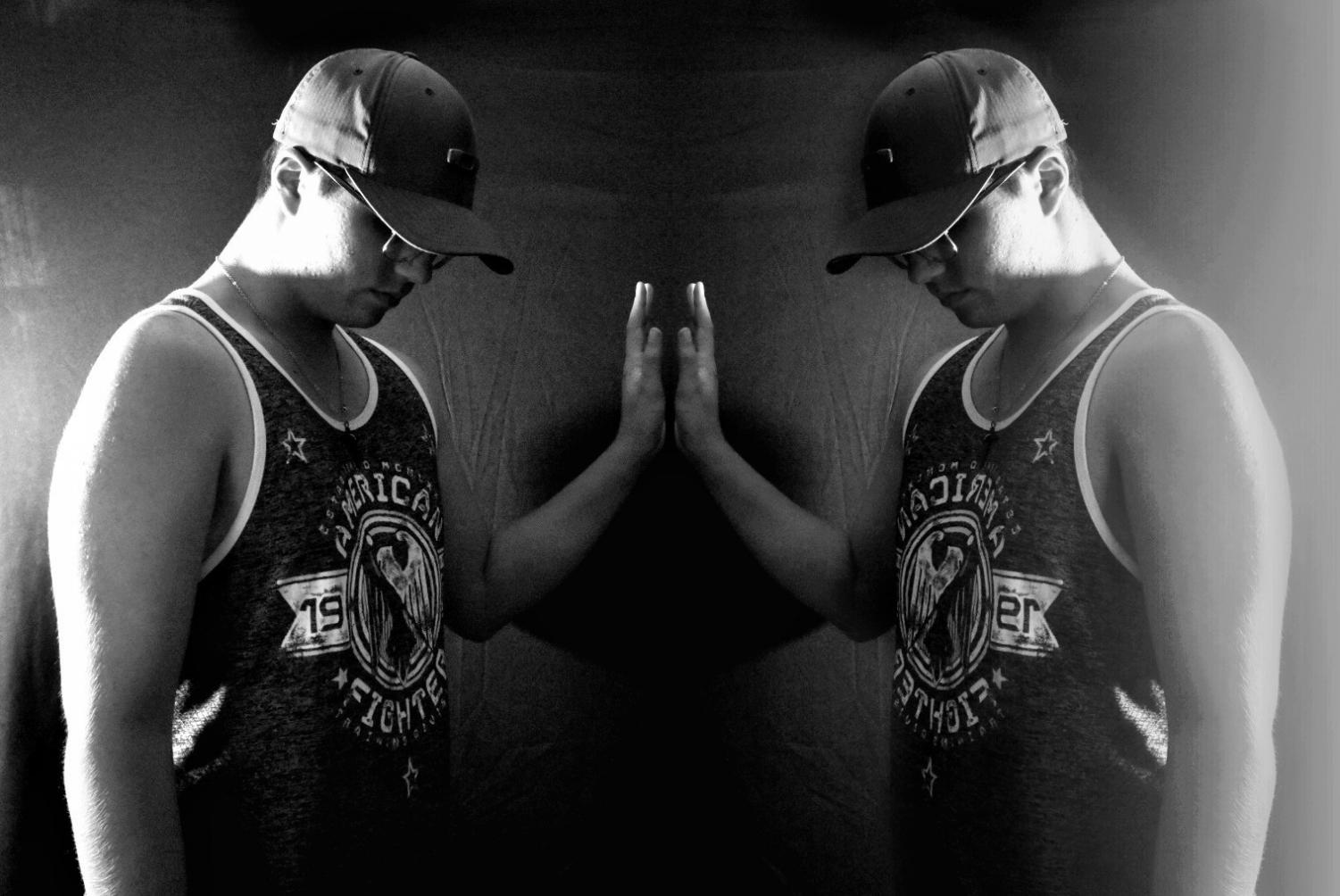Combating loneliness during social isolation
April 24, 2020
Each morning you wake up and enter the digital world. Whether you go on Snapchat, Instagram, Facebook, or you pick up the TV remote, you’re sure to be greeted within the first couple minutes of scrolling/watching with the increasing numbers of cases and deaths of the worldwide tragedy, COVID 19. Looking at these things and being constantly reminded of the chaos all around the world, while also not being able to go anywhere or see anyone, can spark a variety of emotions. The most common: loneliness.
The stay at home order was issued for the state of Colorado on March 26th, and originally was expected to be over with on April 7th, but was later extended to April 26th. The order declares that citizens should not be leaving their house unless it is for essential needs such as going to the grocery store, picking up medicine, or conducting an essential business. It is also expected that in times like this, citizens should socially isolate themselves, meaning they should only be around family members (if anyone) during this time which is difficult for many because being around friends and getting out of the house is a mental escape and one of the healthiest things for some people, especially when it comes to those who struggle with depression.
According to a 2018 national survey by Cigna, loneliness levels have reached an all-time high, with nearly half of 20,000 U.S. adults reporting they sometimes or always feel alone. Forty percent of survey participants also reported they sometimes or always feel that their relationships are not meaningful and that they feel isolated.
There are two types of branches of loneliness. Reactive loneliness is something we all struggle with at some point in our lives. This type of loneliness occurs when a crisis or a big change happens in a person’s life, such as a divorce, moving to a new place, the loss of a loved one, etc. However, chronic loneliness is much more torturous. Psychologist Louise Hawkley, PhD, and senior research scientist at the research organization NORC at the University of Chicago, explains that chronic loneliness is most likely to set in when individuals either don’t have the emotional, mental or financial resources to get out and satisfy their social needs or they lack a social circle that can provide these benefits. Hawkley also claims that this type of loneliness can lead to a variety of mental and cognitive disorders. Such disorders include depression, lack of sleep, poor cardiovascular function, and impaired executive function. These problems can also lead to weight gain, lack of hygiene, and increases chances of turning to smoking or drinking excessively. Loneliness can truly open up a can of worms.
Being that there is no one true cause for loneliness, there is no real treatment for it either. As Ami Rokach, PhD, an instructor at York University in Canada and a clinical psychologist says “There is no ‘one-size fits all!’ cure when it comes down to it.” Christopher Masi, MD, and a team of researchers at the University of Chicago suggests that interventions that focus inward and address the negative thoughts underlying loneliness in the first place seem to help combat loneliness more than those designed to improve social skills, enhance social support or increase opportunities for social interaction. However, some psychologists disagree and believe support groups, clubs, group therapy sessions etc. can help an individual combat these negative feelings and help them to feel as if they are a part of something.
Bottom line is that humans are a needy species. They like to feel and be important and essential to those around them. Amidst this pandemic it’s hard to keep an eye on the great things that are still going on all around us and feel like we are a part of something when we are forced to stay home. Combating loneliness is a personal journey. Replacing negative self talk with positive, exercising, picking up a new hobby, or reaching out to friends for little “pick me up” advice are all examples of how we can work to keep our mental health up in hard times. Katelyn Johnson, a senior at fruita monument says establishing a routine has been what’s kept her sane whilst being at home. “Creating a schedule and sticking to it makes the days seem to go by faster and truly makes you feel more productive and less lonely.” However you choose to spend your days, whether you create a routine, call your friends, or even do nothing at all, remember that it is OKAY to feel sad, discouraged, and lonely. Just keep in mind that we are all in this, together and it will not last forever.
